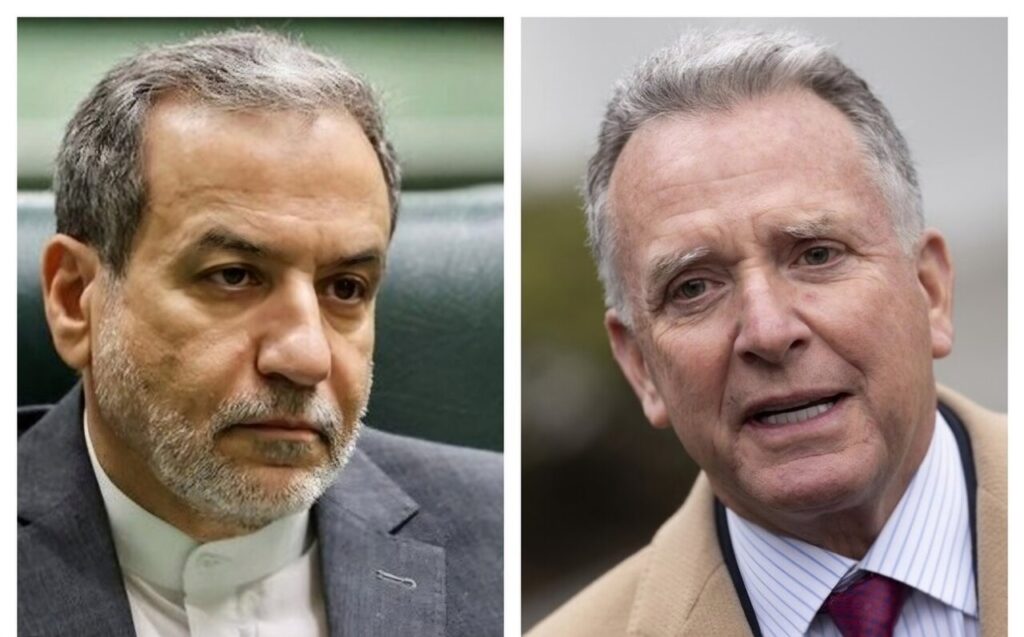“As announced last night, the (Iran-US) speech will be held in Oman on Saturday. These consultations will be held indirectly and will not accept any other negotiation methods,” Iranian Foreign Minister Abbas Aragci told reporters during his visit to Algeria.
Earlier on Tuesday, Iranian Foreign Minister Abbas Araguchi announced that Tehran and Washington would engage in high-level indirect negotiations in Oman on Saturday, calling it both a “opportunity and a test” for the US.
“In my opinion, the negotiation framework, whether direct or indirect, is not primarily important,” Araguchi said, adding, “What really matters is whether the negotiation is effective or ineffective, the severity of the parties, their intentions and willingness to reach an agreement.”
Referring to the reasons behind the indirect negotiation choice, the top Iranian diplomat said, “The reason for this choice is that the negotiations that they (the Americans) impose their points through pressure are actually decided, and we do not believe in this way.
“This type of negotiation has happened many times in the history of international relations. There are countries that are willing to negotiate directly with each other, historically and for other reasons,” emphasized Araguchi.
He continues, “In issues between us and the United States, Oman is a mediator. We trust Oman as a mediator because of its good track record and want to encounter serious will from the other side to arrive at a diplomatic solution.”
“We currently prefer to hold negotiations indirectly. We don’t think that directly is useful in negotiations, so we don’t have plans to convert them directly,” he emphasized.
Regarding Tehran’s goal in negotiations, he said, “We are our main goal in negotiations to realize the rights of the people of Iran and to lift sanctions.”
In response to questions regarding the existence of prerequisites in future negotiations, the Foreign Minister said, “We cannot accept prerequisites.”
MNA/

